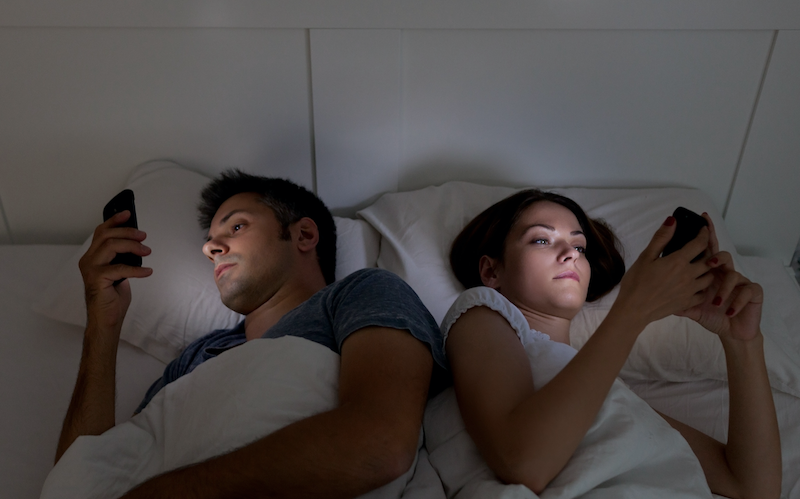
Why do we participate in social media?
Did you know that we spend, on average, nearly 3 hours per day using social media? every year the amount of time we spend on social media is increasing.
And yet studies prove that the more time we spend on social media, the worse we feel. Research has shown that limiting our social media time to just 30 minutes per day leads to an increase in mental well being and decreases our stress and anxiety.
You might be surprised to learn that, and contrary to the name, research suggests the less time we spend on social media, the less lonely we feel.
What drives us to participate in something that makes us feel bad?
One of the main things that keeps us coming back to social media is the fear of missing out or FOMO.
As our friends and acquaintances share updates, we have a natural urge to see what's going on. This is rooted in our tribal instincts - the need to know what's going on in our tribe. We might learn something new or discover something about our tribe that we didn't already know. By having all the information, we have greater sense of self-worth and feel better by being better informed.
If we apply this to our modern lives, we have all the latest information to participate socially - we know exactly who of our friends has been on vacation, where they went, what they did and even what they ate.
There is also another more subtle reason why we feel the need to reach for our phones. When we participate successfully in social interactions - perhaps getting a like or a new follower, our brains release dopamine that gives us a short term feeling of happiness. This is the same chemical released when we eat, play games and exercise.
Put the two together and we cannot resist checking our social media notifications. If we leave them unchecked, we start to feel anxiety. We need to satisfy our curiosity - driven by our fear of missing out. Once we start engaging in social media, we feel compelled to like or comment on a post to get our dopamine reward through a social interaction.
Social media platforms are built to leverage these behaviours to keep us coming back - so we can be served ads and our time spent on social media can be monetized in various ways.
A great example of the social mechanics are time limited posts. These are posts that expire and disappear after a period of time. By being temporary, we are more inclined to share something spontaneously and this plays on our fear of missing out - if we miss the post, it will be gone forever.